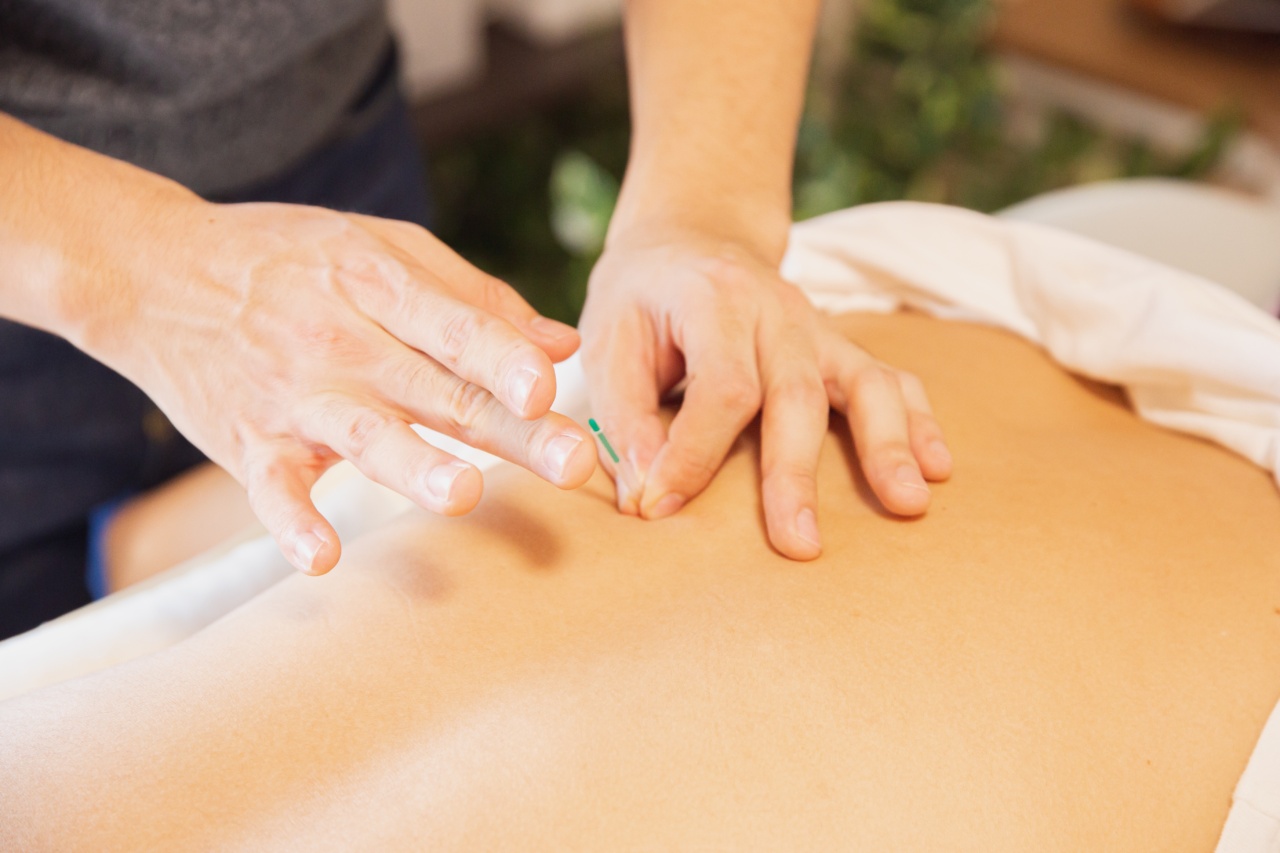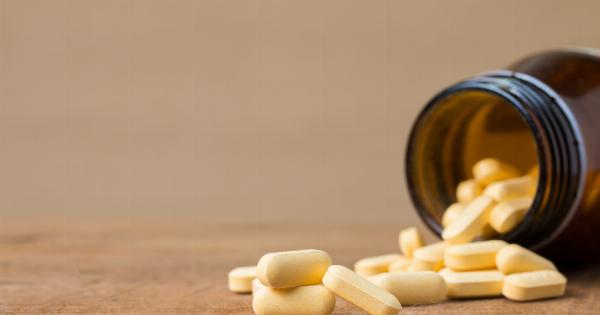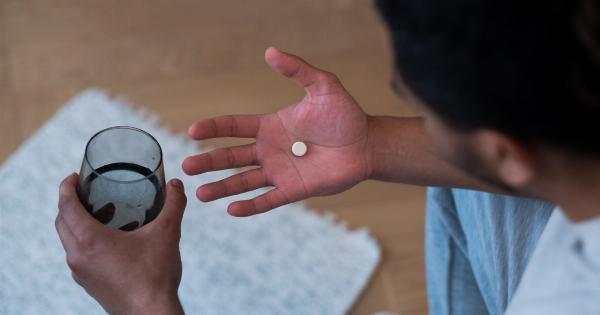Hangovers are a common aftermath of overindulgence in alcohol. The symptoms, including headache, nausea, fatigue, and sensitivity to light and sound, can leave you feeling miserable and longing for a quick recovery.
While the best way to avoid a hangover is to moderate your alcohol intake, there are some medications available that might help ease your discomfort and speed up the recovery process. In this article, we will explore the use of medication for hangover recovery and discover which ones are effective and safe.
Understanding Hangovers
Before we delve into medication for hangover recovery, it is crucial to understand what causes a hangover and how it affects your body.
When you consume alcohol, it leads to a series of chemical reactions in your body that result in dehydration, inflammation, and the production of toxic byproducts. These byproducts contribute to the symptoms associated with a hangover.
Hangovers typically start a few hours after your last drink and can last up to 24 hours or even longer in severe cases.
The severity and duration of hangover symptoms can vary depending on several factors, including the amount of alcohol consumed, your age, weight, overall health, and tolerance for alcohol.
The Role of Medication in Hangover Recovery
While there is no magical cure for a hangover, certain medications can help alleviate specific symptoms associated with it.
However, it is essential to note that medication should not be seen as a substitute for adopting healthier drinking habits or avoiding excessive alcohol consumption altogether. Using medication responsibly and in combination with other recovery methods is the key to a successful hangover recovery.
Common Hangover Symptoms and Medications to Address Them
1. Headache
One of the most common hangover symptoms is a throbbing headache. To relieve headaches, over-the-counter pain medications such as ibuprofen (Advil) or acetaminophen (Tylenol) can be effective.
However, it is important to follow the recommended dosage and precautions mentioned on the packaging and consult a healthcare professional if you have any underlying health conditions or are taking other medications.
2. Nausea and Vomiting
Feeling nauseous or experiencing vomiting can be distressing during a hangover. Medications such as antacids, antiemetics, or medications specifically designed to treat nausea (e.g., dimenhydrinate) can provide relief.
These medications work by blocking specific receptors in the brain and gastrointestinal tract, reducing the sensation of nausea and preventing vomiting.
3. Dehydration
Alcohol consumption dehydrates the body, leading to symptoms like dry mouth, excessive thirst, and fatigue. Replenishing lost fluids and electrolytes is crucial for hangover recovery.
While water is essential, you can also consider oral rehydration solutions or sports drinks that contain electrolytes to help restore the body’s balance. Additionally, drinking small quantities of coconut water or consuming fruits with high water content can aid in rehydration.
4. Fatigue
Excessive alcohol consumption and disrupted sleep patterns can leave you feeling tired and fatigued during a hangover.
While there is no specific medication for fatigue, maintaining a healthy sleep routine, staying hydrated, and consuming a balanced diet can help alleviate tiredness and boost your energy levels.
5. Sensitivity to Light and Sound
Sensitivity to light and sound, also known as photophobia and phonophobia, is a common symptom experienced during a hangover. To mitigate discomfort, it is recommended to find a quiet and dimly lit environment to rest and recover.
Using sunglasses, earplugs, or noise-cancelling headphones can also provide relief from excessive light and noise.
6. Heartburn and Acid Reflux
Alcohol can contribute to increased acid production, leading to heartburn or acid reflux symptoms.
Over-the-counter antacids, H2 blockers, or proton pump inhibitors can provide relief from acidity and reduce discomfort or pain associated with heartburn.
7. Anxiety and Irritability
Hangovers can sometimes be accompanied by feelings of anxiety, irritability, or restlessness. Engaging in relaxation techniques such as deep breathing exercises, mindfulness, or gentle physical activities can help alleviate these symptoms.
If anxiety persists or worsens, it is essential to consult a healthcare professional for further guidance and support.
8. Herbal and Homeopathic Remedies
Some individuals prefer natural alternatives to traditional medications. Herbal remedies or homeopathic medicines may be considered to alleviate hangover symptoms.
However, it is important to remember that the efficacy of these remedies is not scientifically proven, and some may have interactions with other medications or underlying health conditions. It is crucial to consult a healthcare professional or pharmacist before trying any herbal or homeopathic remedies.
9. Prevention is the Best Aproach
While medications can provide temporary relief from hangover symptoms, the most effective approach to hangover recovery is prevention.
By adopting healthier drinking habits, pacing yourself, staying hydrated, and eating a substantial meal before consuming alcohol, you can reduce the likelihood and severity of a hangover. Additionally, giving your body enough time to metabolize alcohol is crucial for a smoother recovery.
10. When to Seek Medical Attention
Most hangovers can be managed at home using over-the-counter medications and self-care strategies. However, certain situations may warrant medical attention.
If you experience severe or prolonged symptoms, such as intense abdominal pain, persistent vomiting, confusion, seizures, or a rapid heart rate, it is essential to seek immediate medical attention. These symptoms may indicate a more severe condition or alcohol poisoning.
Conclusion
While there is no perfect cure for a hangover, using the right medication can help ease specific symptoms and speed up the recovery process. However, it is crucial to use medication responsibly and in conjunction with healthy lifestyle choices.
Remember, prevention is the best approach, so always drink in moderation and prioritize your overall well-being. If you are unsure about which medication is suitable for you, consult a healthcare professional who can provide personalized advice and guidance.





























